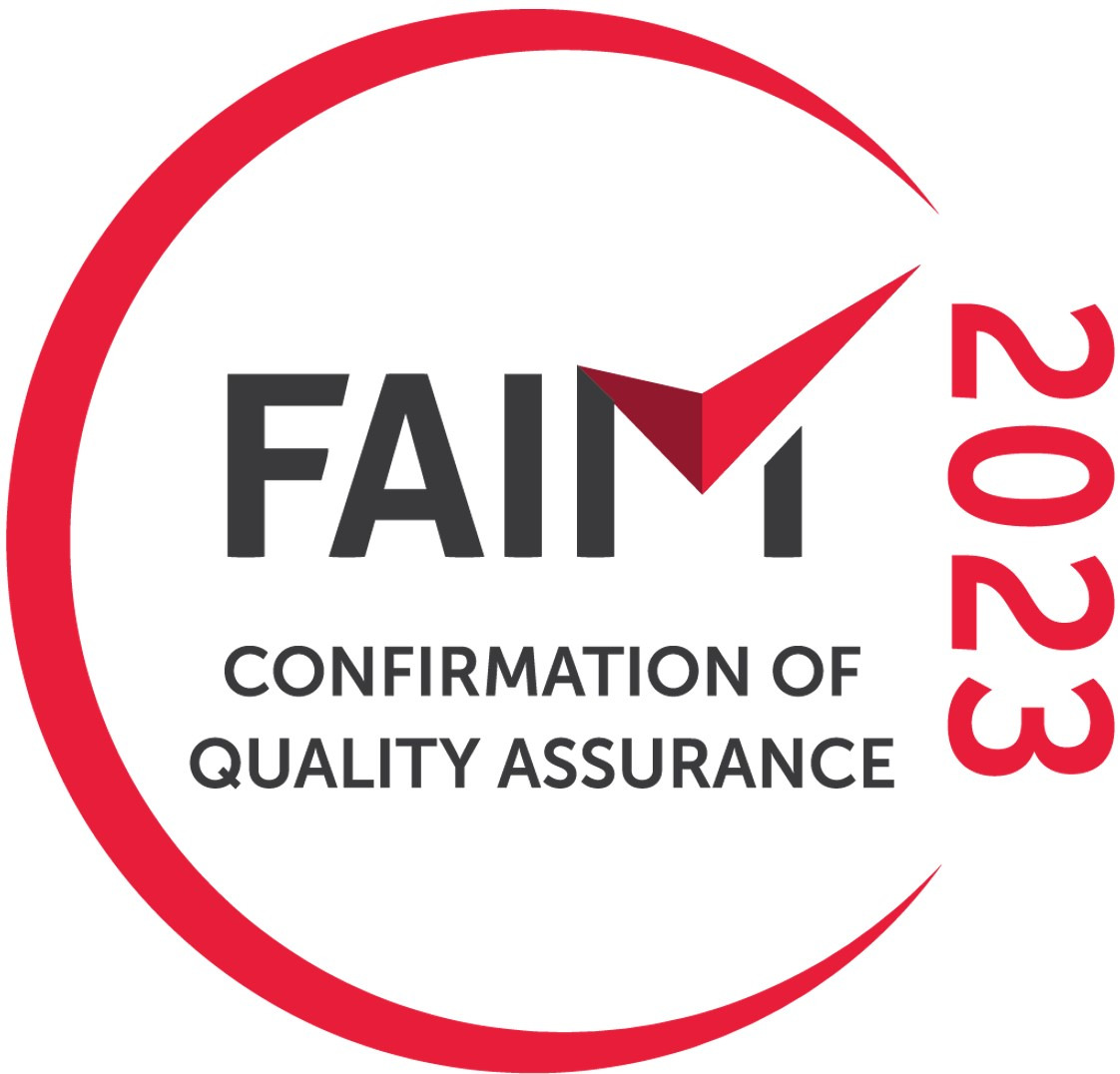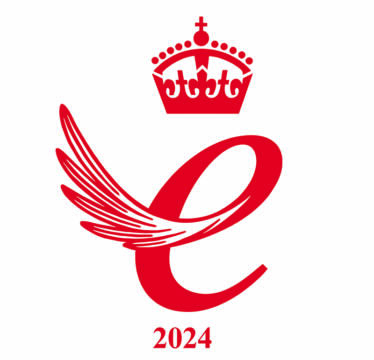Moving to Abu Dhabi
Expats planning to relocate to Abu Dhabi can expect to live a life full of variety and adventure in the UAE’s second largest city. Abu Dhabi, which has become a popular destination for expats from the United Kingdom, is widely regarded as the ideal location for those seeking a higher standard of living.
Britons are among the top three nationalities of expats living in the city, drawn in by the benefit of paying no tax on their earnings, as well as the beautiful landscapes and opportunity to explore unique surroundings far removed from home.
However, before you begin your preparations for moving to Abu Dhabi, it is critical that you conduct research on visa options, work permits, and an international removals company.
Choosing a Place to Live
Priorities differ from person to person; schools, social life, community, and work may all be important factors to consider when deciding where to live in the city. You will be able to learn which areas of Abu Dhabi best tick the boxes for you to make the right choice before moving by narrowing down your priorities.
Customs
Moving to Abu Dhabi is more complicated than moving to a new house in the UK, owing to the Customs and Excise regulations that must be followed when importing your belongings. While shipments of household goods and personal effects are typically allowed duty-free (subject to expats applying for a resident’s permit), there are still restrictions on what you can bring with you.
Expats can anticipate restrictions on items subject to censorship and confiscation, such as:
- – Written Material (books, newspapers, magazines, and leaflets)
- – Pictures
- – Films
- – Records
- – Slides
- – Movies
- – Videos
- – CDs
- – Computer Software
The items listed above must be packed separately and clearly marked on the inventory; they are restricted due to political, religious, or pornographic content that may be deemed offensive and thus prohibited.
Those considering relocating to Abu Dhabi should also be aware that their medication and food items will be subject to special approval and inspection by the Ministry of Health.
Moving your Possessions
Since Abu Dhabi does not yet have a standard address system, you will need to plan ahead of time how you will transport your belongings to the city. This can complicate the overall moving process, which is why hiring an international removals company with extensive experience in removals to Abu Dhabi and the Middle East is critical to the success of the move.
Transportation in Abu Dhabi
With its simple and well-maintained road network, most expats relocating to the city will find that motor vehicles, such as a car, are the most convenient mode of transportation. Abu Dhabi also has a safe and dependable bus system, as well as thousands of reasonably priced taxis.
Additionally, Abu Dhabi International Airport is located just off the main island and provides both natives and expats with regular flights throughout the year. An ambitious project is currently underway to vastly expand the public transportation network by 2030, which will include rapid transit buses, tramways, and a 131km metro system.
Leisure and Activities
Abu Dhabi, an increasingly cosmopolitan city, is known for its rich cultural scene, which is centred on the impressive Saadiyat Island, which now houses four architecturally significant museums, including the Zayed National Museum and the Louvre Abu Dhabi.
Expats will find a plethora of attractions on a nearby island, including a theme park, waterpark, and golf links, as well as the world-renowned F1 Grand-Prix Track.
With eight kilometres of parks and beaches dotted along the stunning waterfront, the Corniche is the ideal destination for a more tranquil excursion.

Visa Information
Expats visiting Abu Dhabi for tourism must enter the country with a valid passport and a tourist visa or visitor visa. Either type of visa must be applied for well in advance of your trip at the nearest UAE Embassy.
If you have a valid passport and are relocating or visiting the city from the UK, you can expect to receive your tourism or visitor visa upon arrival in the UAE.
Tourist Visas
Tourist visas are valid for up to 30 days and can be extended for an additional 30 days. Individual tourists from specific countries who are sponsored by commercial tour operators, hotels, and so on will be eligible for this visa type.
Visitor Visas
Visitor visas are valid for 30 days and can be used by both tourists and non-tourists. These visas, too, can be renewed for a total of up to 60 days. During the application process, your sponsor will typically be relatives in the UAE, tour operators, or hotels.
Work Visas
In the UAE, there is only one type of work permit, which is also known as a labour card. However, before applying for a work permit, expats must first obtain an entry visa, a residence visa, and an Emirate ID card.
To acquire a residence visa within the UAE, expats will need the following documents:
-
- – A valid passport and a photocopy
-
- – Passport photos
-
- – An Emirates ID card
-
- – An entry permit from the Ministry of Labour
-
- – The results of a medical screeningA copy of a company card from the employer
-
- – A copy of the company’s commercial license
- After obtaining a residence visa, expats may need to apply for a work permit. To do so, you will need all of the above documentation, as well as a work permit application form that must be completed in Arabic. In addition, expats must provide either an employment contract or a job offer from a company in the UAE.
















